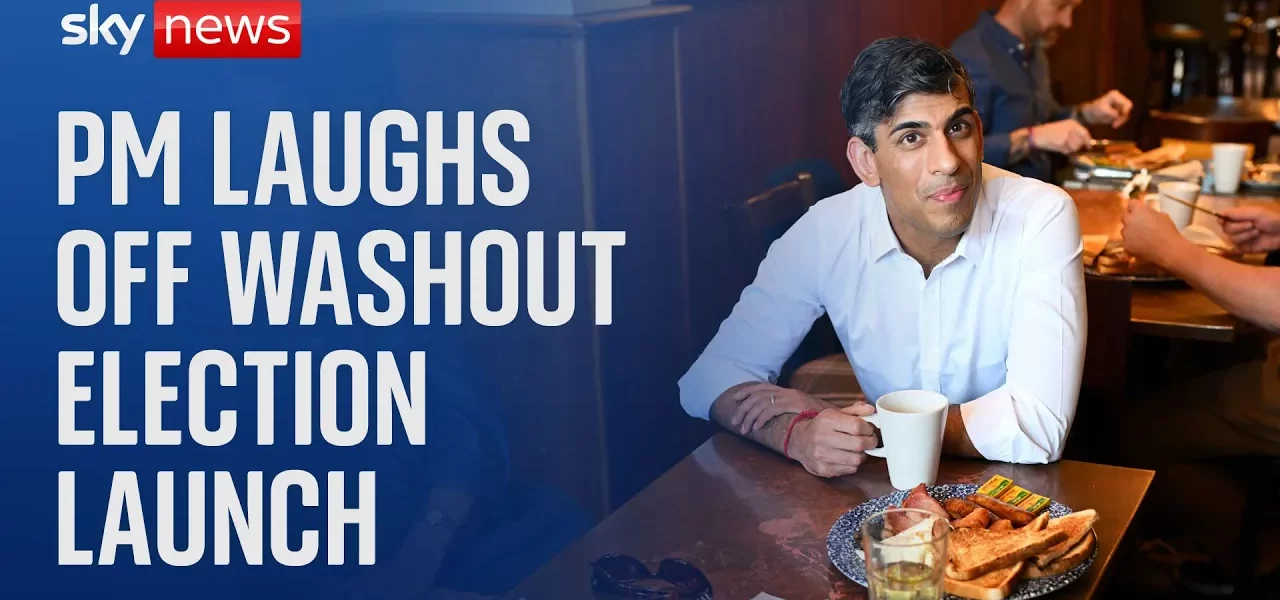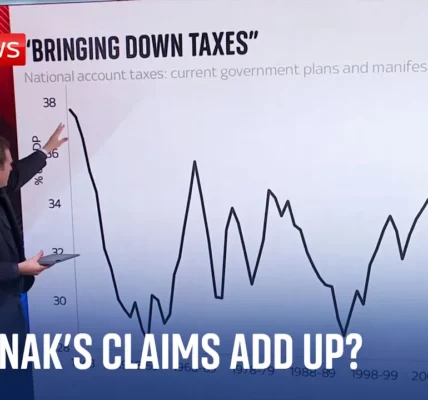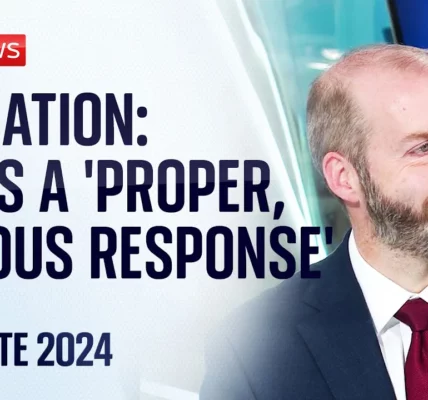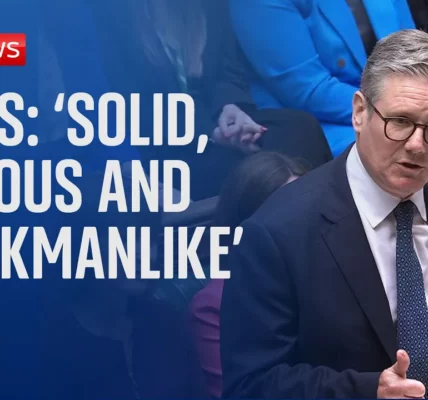Rishi Sunak and Keir Starmer: A Closer Look at the Election Campaign

The recent election campaign in the UK has been characterized by intense scrutiny of both Rishi Sunak and Keir Starmer. As they engage with constituents and navigate public sentiment, the economy remains a central theme in their discussions. This article delves into their campaign strategies, public appearances, and the implications for the future of UK politics.
Introduction
As the election season heats up, the spotlight is firmly on the leaders of the major political parties in the UK. Rishi Sunak, the Prime Minister, and Keir Starmer, the leader of the Labour Party, have both taken to the campaign trail with differing strategies and messages. Amidst a backdrop of public concern over the economy and taxes, their interactions with voters and the media are critical in shaping public perception. This article explores the recent activities of both leaders, their campaign messages, and the overall political landscape as voters prepare to head to the polls.
Rishi Sunak’s Campaign Trail
Rishi Sunak has made several noteworthy appearances as part of his election campaign. His recent visit to a local Wetherspoons in Yorkshire was marked by discussions with veterans and constituents. However, it was his encounter with the media that garnered significant attention.
Weather and Public Perception
Sunak’s announcement on the steps of Downing Street was overshadowed by the challenging weather conditions. He humorously remarked on the number of umbrellas offered to him, highlighting a common connection with the public. This incident has been interpreted as a metaphor for the challenges his government faces.
Flight Logs and Allegations
Following accusations of a lackluster campaign schedule, flight logs revealed that a Tory donor’s helicopter had transported Sunak from Yorkshire to London. Sources close to the Prime Minister have insisted these visits were pre-planned, aiming to counter criticism of his campaigning style.
Keir Starmer’s Economic Focus
Meanwhile, Keir Starmer has been vocal about the state of the UK economy, emphasizing the need for stability and growth. His recent appearance at a football ground in the Midlands showcased his commitment to addressing economic concerns, particularly in light of warnings about public finances.
Labour’s Economic Strategy
Starmer has articulated that the Labour Party’s primary mission is to stabilize the economy, reminiscent of the successful economic policies under Tony Blair. He aims to appeal to voters by focusing on key economic indicators and public finance management.
Public Reactions and Criticism
Despite Labour’s positive messaging, skepticism persists among constituents. Many voters express distrust towards politicians, feeling that they are out of touch with real-life issues. This sentiment poses a significant challenge for Starmer as he seeks to gain traction in key constituencies.
Tax Cuts and Voter Sentiment
In response to economic concerns, the Conservative Party has highlighted recent tax cuts as a significant achievement. Rishi Sunak has emphasized the importance of these cuts, particularly the reduction in National Insurance contributions, which he claims benefits the average worker.
Impact of Tax Cuts
- Reduction in National Insurance contributions by a third.
- An estimated £900 increase in disposable income for average workers.
- Positive feedback from constituents regarding these financial changes.
However, the effectiveness of these tax cuts as a campaign strategy is still under scrutiny, with many voters questioning whether these measures are sufficient to address the broader economic challenges.
Campaign Strategies and Voter Engagement
As the campaign progresses, both leaders are increasingly focused on optics. Engaging with voters through public appearances and media interactions is critical in shaping perceptions. Photo opportunities and handshakes are part of the strategy, but both parties must offer substantive solutions to win over skeptical voters.
Challenges Ahead
Economists have voiced concerns that neither party is fully addressing the scale of the economic challenges ahead. This oversight could impact voter confidence and influence the election’s outcome.
Conclusion
As the election campaign unfolds, Rishi Sunak and Keir Starmer’s contrasting approaches to leadership and economic management become increasingly evident. Voter engagement strategies, economic messaging, and public perception will play pivotal roles in determining the election’s outcome. It is crucial for both leaders to connect authentically with constituents and address their concerns. As the polling day approaches, the focus will remain on who can effectively navigate the complexities of the UK economy while restoring public trust. For more insights on UK politics and election strategies, explore our related articles on political leadership and economic policies.
“`




